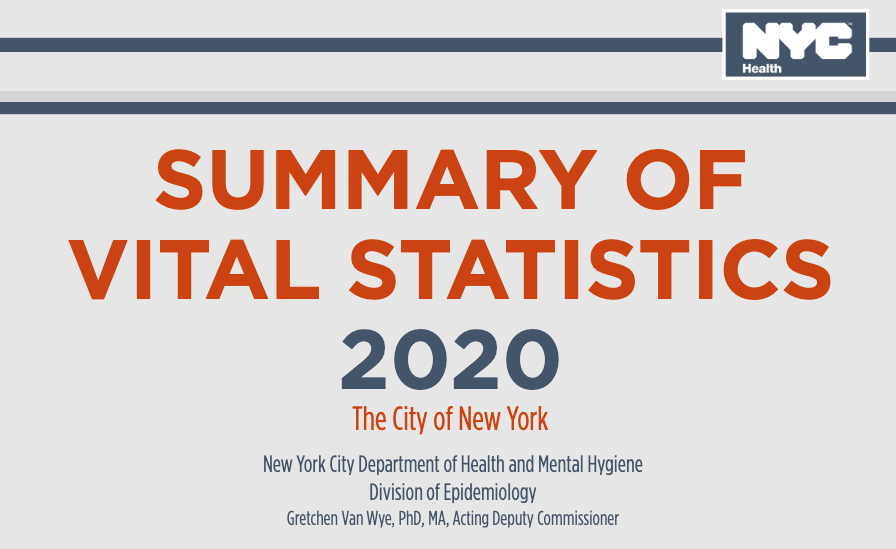1/5 The way to make Americans safer is to build on, not bypass, our public health system. CDC’s National Healthcare Safety Network has been a comprehensive resource to support hospitals and increase public accountability for decades.
2/5 Rather than strengthening the public health data system to improve hospital reporting, the administration has chosen to hand data to an unproven, commercial entity, reporting to political appointees, not scientific experts.
3/5 As with mask recommendations and schools reopening guidance, the administration has sidelined & undermined CDC in the middle of the worst pandemic in 100 years. People in Arizona, Texas, South Carolina, Florida and elsewhere are already paying the price for this.
4/5 The new White House/HHS data process raises fundamental concerns. What data will be collected, how, by whom, with what standards, under what authority? What quality checks and privacy safeguards will be implemented? How will the institutions collecting the data be supported?
5/5 How will accuracy and completeness of data be assured? With whom will data be shared, and for what will it be used? In the coming days, let's see how the Administration, having undermined a program that took 20 years to build, addresses these and other fundamental questions.
• • •
Missing some Tweet in this thread? You can try to
force a refresh





